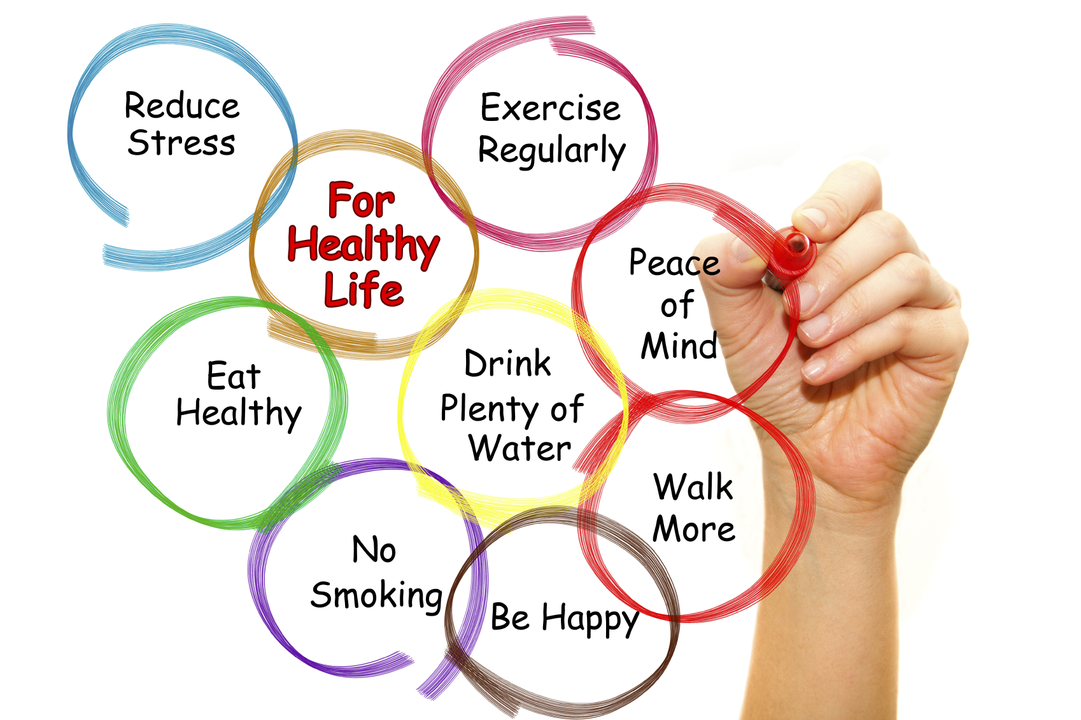Medications don’t just act on the body. They change sleep, mood, libido, energy, and even finances—and that can ripple into your close relationships. If one partner starts a new antidepressant, antibiotic, or sleep drug, both people feel the effects. This page helps you spot the common ways meds affect relationships and gives practical steps to keep your connection steady.
Mood shifts are one of the first signs. Antidepressants like venlafaxine (Effexor) can lift depression but sometimes dull emotions for a while. That can feel like distance to the person living with you. Sleep meds or sedatives can make someone groggy, less present in conversations, or less interested in sex. Conversely, stimulants or some steroids can raise irritability and cause arguments.
Sexual side effects are a major concern. Many common drugs—antidepressants, blood pressure meds, and some pain meds—can lower libido or make orgasms harder. That creates confusion and hurt if not discussed. Financial stress from medication costs, especially for chronic conditions or expensive branded drugs, also strains partnerships. Hidden costs like extra appointments or monitoring tests add up fast.
Finally, safety and trust issues can pop up when one person buys meds online or skips the doctor. Using unreliable pharmacies or sharing prescription drugs can damage trust and put health at risk. It’s safer and kinder to be transparent about medication plans.
Start with simple, direct talk. Say what you’re worried about and invite your partner to share their experience. Use “I” statements: “I feel distant when I’m tired after my new prescription.” That keeps the conversation focused, not accusatory. Schedule a joint visit or call with your prescriber when a drug causes major life changes—mood, sleep, or sex problems. Doctors can often adjust dose, swap drugs, or suggest timing that reduces side effects.
Keep a short daily log for two weeks: note sleep, mood, energy, and any sexual changes. That gives concrete examples to show your doctor and removes guesswork from arguments. Protect finances by shopping smart: compare prices at reputable pharmacies and use digital coupons or certified online services when safe. Never share prescriptions or buy from sketchy sites; that risks health and trust.
If medication changes trigger serious relationship problems—ongoing resentment, avoidance, or frequent fights—consider a therapist who understands medical issues. Couples counseling plus a medical review is a fast way to sort feelings and practical fixes. Small steps—open talk, tracking changes, consulting your prescriber, and using safe pharmacies—go a long way in keeping both health and relationship strong.
If you want, I can help list conversation starters, a simple two-week symptom log template, or trusted pharmacy-check tips tailored to your situation.

As a blogger, I've been researching the connection between stress and gastroenteritis, and I've found some interesting insights. It turns out that high stress levels can indeed contribute to the development of gastroenteritis, mainly due to the impact of stress on our immune system. When we're stressed, our body's ability to fight off infection weakens, making us more susceptible to illnesses like gastroenteritis. Additionally, stress can also exacerbate existing stomach issues, making the symptoms of gastroenteritis even worse. So, managing stress is crucial not only for our mental health but also for maintaining a healthy gut!